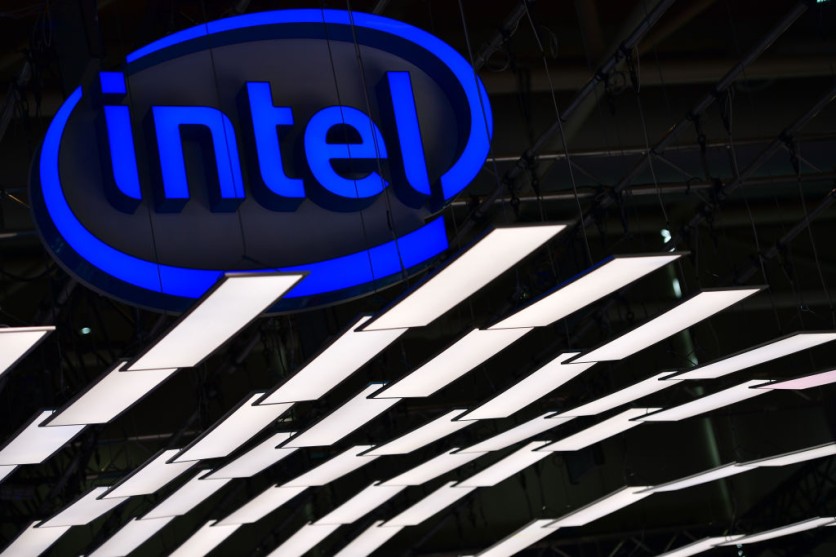Intel finds itself in a favorable position to play a significant role in the competitive race to power artificial intelligence. However, the company's ability to seize these opportunities will be a crucial factor in its success.

Intel's AI Efforts
During Intel's Q2 2023 earnings call, The Verge reported that executives enthusiastically discussed the vast potential of AI, emphasizing numerous opportunities across various sectors where Intel can offer AI-related chips.
Intel CEO Pat Gelsinger's optimism about AI was evident during the earnings call as he emphasized the company's ambitious plan to integrate AI into all its products. Gelsinger's vision suggests that AI is expected to become a pervasive element in everything Intel offers to the market.
The CEO described the range of new effects that are being introduced, encompassing real-time language translation in Zoom calls, live transcription, automation inferencing, relevance portraying, generated content, and gaming environments. Additionally, there are real-time creator environments offered through Adobe and other clients.
These effects extend to new productivity tools, enabling tasks like local legal brief generation for clients in a seamless manner. Gelsinger emphasized that AI enablement will span across consumer, developer, and enterprise efficiency use cases, all of which will be client-centered and integrated at the edge.
He previously highlighted the "five superpowers" of technology companies, with AI and cloud being among them. However, he now suggests that AI and cloud might not necessarily be interdependent as previously thought. This shift in perspective reflects the evolving landscape and Intel's strategic considerations in the realm of technology and AI integration.
While the potential in AI is immense, Intel will need to overcome skepticism and doubts to achieve success in this fast-paced and competitive landscape. The company must demonstrate resilience and determination to make its mark in the AI arena.
Read also: I
Also Read I: ntel Speeds AI Development with Reference Kits
Amidst fierce competition and the weight of past mistakes, Intel faces tremendous pressure to succeed. The company's success hinges on effectively executing product launches and avoiding delays, as it experienced in the brief period before Gelsinger assumed leadership.
Market Watch reported that Intel also has ambitious plans on its agenda, as it endeavors to establish a contract manufacturing business to directly rival Taiwan Semiconductor Manufacturing Co. This endeavor represents a crucial opportunity that could revolutionize Intel's business, leaving no room for errors.
Closing the Quarter
Intel's employee count at the end of the quarter stood at 122,200, a decrease from 128,200 a year ago and 125,500 in the first quarter. Looking ahead to Q3, the company anticipates reporting non-GAAP earnings per share of 20 cents, with revenue projected to be between $12.9 billion to $13.9 billion.
During an analyst call, Venture Beat reported that Gelsinger expressed optimism about the company's manufacturing investments, highlighting significant progress in their five manufacturing nodes within four years. He pointed to the culmination of these efforts with the 18A milestone.
Related Article : Intel Announces Major Brand Update Ahead of Upcoming Meteor Lake Launch

ⓒ 2026 TECHTIMES.com All rights reserved. Do not reproduce without permission.




